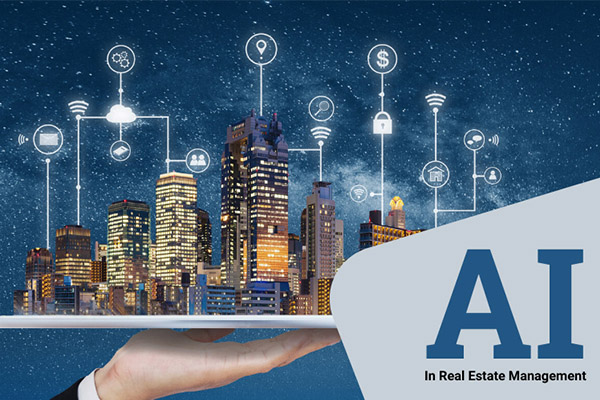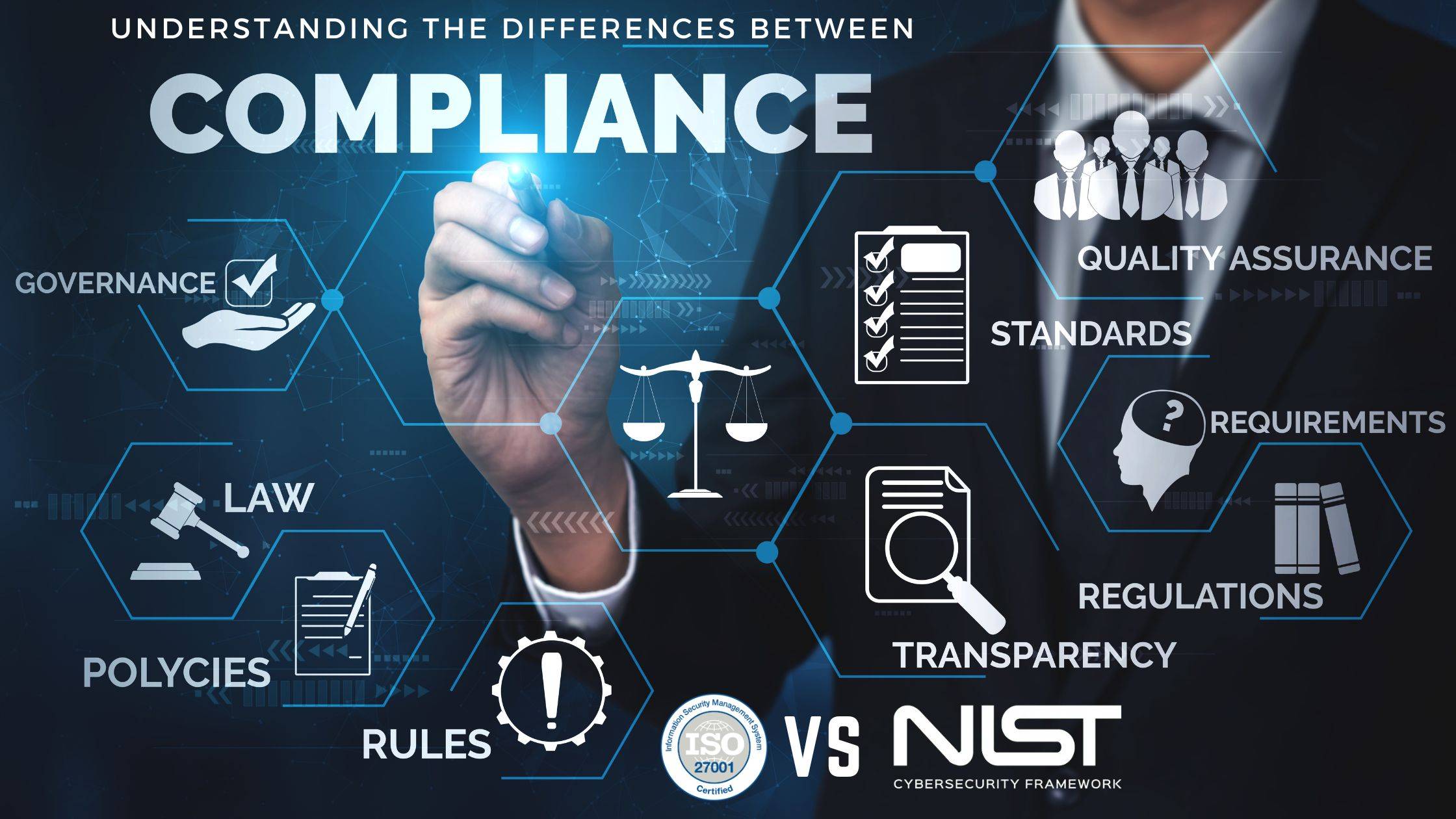As remote work becomes the norm, the need for robust endpoint security has never been more critical. With teams spread out across various locations in Nigeria, such as Lagos, Abuja, and Port Harcourt, securing endpoints is essential to protect sensitive data and maintain business integrity. Whether you’re starting in Cyber Security or are an expert, understanding the importance of endpoint security is crucial.
Why Endpoint Security Matters More Than Ever
1. The Rise of Remote Work Challenges
Remote work has significantly expanded the attack surface for cyber threats. Employees accessing company resources from home networks, personal devices, or public Wi-Fi introduce new vulnerabilities. In my experience, managing these risks requires a comprehensive endpoint security strategy to protect against unauthorized access and data breaches.
For those in Full stack Engineering or Backend development, incorporating strong endpoint security measures into your workflows is crucial. Protecting endpoints ensures that remote employees are not the weak link in your security chain.
2. Best Practices for Effective Endpoint Security
a. Implement Strong Authentication
Using multi-factor authentication (MFA) is one of the most effective ways to secure endpoints. MFA adds an additional layer of security, making it harder for unauthorized users to gain access. For professionals in Cyber Security, setting up MFA across all devices is a fundamental step in safeguarding your network.
b. Regular Software Updates
Keeping software and operating systems up to date is vital for closing security vulnerabilities. Regular patches and updates address known threats and enhance system defenses. I’ve seen firsthand how timely updates can prevent potential security breaches.
c. Use Endpoint Protection Solutions
Deploying endpoint protection solutions, such as antivirus software and firewalls, is crucial. These tools help detect and mitigate threats before they can cause damage. Whether you’re in Data Analysis or Mobile App Development, choosing the right protection tools is essential for maintaining a secure remote work environment.
Conclusion
In the evolving landscape of remote work, endpoint security is paramount. Implementing best practices like MFA, regular updates, and comprehensive protection solutions will help safeguard your remote workforce and secure your valuable data.
Ready to enhance your Cyber Security skills? Our Bootcamp offers a specialized course in Cybersecurity designed to help you master endpoint protection and secure remote work environments. Visit our website to find the course that fits your needs and start strengthening your security expertise today.








